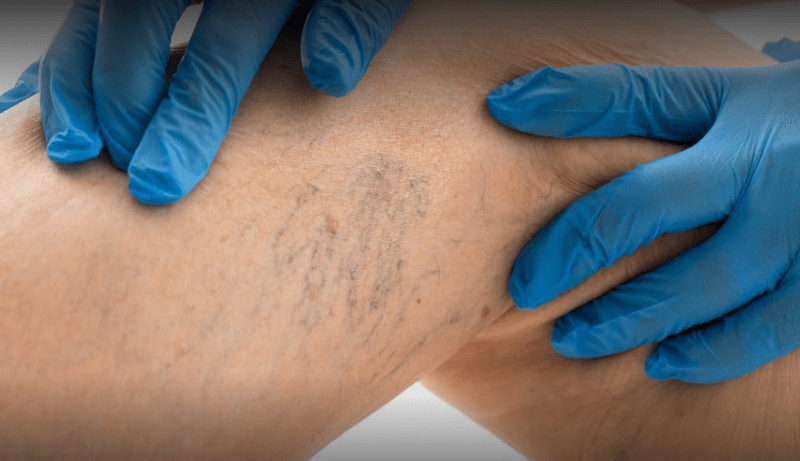
Varicose veins are a relatively common condition that affects Australians of all genders, backgrounds, and ages, from teenagers to the elderly population.
Varicose veins are commonly viewed as being a cosmetic concern. While this may be true, for some people, the swollen and twisted veins are accompanied by quite painful symptoms. At the very least, the presence of varicose veins often prevents people from wearing certain clothing and can certainly be a source of emotional discomfort.
With that in mind, many sufferers wonder at what point they should make an appointment with a varicose veins surgeon. There is no ‘right’ answer to this question, but this article will hopefully shed a little light on signs and symptoms to look out for that indicate when it is worth seeking a professional opinion.
What are Varicose Veins?
Varicose veins occur when veins — typically in your legs — become enlarged, twisted, and swollen. Visually, these veins will present as being a blue-purple colour and misshapen.
A vein becomes varicose when it fails to function correctly. Our veins feature small valves that prevent blood from travelling backwards. A varicose vein is one in which these valves fail to function, meaning that the blood pools in the vein. This causes the veins to become swollen and enlarged.
Consequently, varicose veins can be quite painful and may lead to your legs feeling very heavy. Your skin colour can change and over time, sores or ulcers may form.
How Varicose Veins Develop
Varicose veins do not simply develop overnight. There are early signs you can watch for that may indicate there is a problem before the physical symptoms manifest.
Such signs typically include:
- Swollen feet or legs: If you have an active profession and spend all day on your feet, it’s not unexpected that they might be a little sore and tender come evening time. However, if this is happening on a regular basis and interfering with your quality of life, it can be cause for concern.
- Itchy red skin: Varicose veins are characterised by blue-purple veins. Before this happens, the skin on your legs can turn red, dry and itchy. This is called ‘varicose eczema’.
If at any time you’re experiencing swollen, tender, and discoloured feet and legs, it’s always a good idea to consult a medical professional. If varicose veins are the problem, your varicose veins surgeon may suggest several lifestyle changes you can make to reduce the risk of them occurring or worsening. Such changes can include:
- Wearing compression garments
- Regularly elevating your legs to promote blood flow
- Exercising regularly
- Following a healthy diet.
If your condition has progressed beyond the point where these changes will make a tangible difference, your surgeon may suggest more hands-on forms of treatment, including endovenous techniques, sclerotherapy, and surgery.
Finding a Varicose Veins Surgeon
It’s never too early to consult a varicose vein surgeon — particularly if due to age or lifestyle factors, you are more at risk of developing the condition. The question is: how do you find the right practitioner?
To start with, understand that a varicose vein surgeon is someone who has undertaken considerable study in the field. There are a range of different vein practitioners who may advertise their abilities in the field of varicose veins treatment. As is the case with any aspect of your health, it’s important to see out the most experienced and knowledgeable clinician available to you.
This tends to rule out phlebologists, who will have attended medical school but have not necessarily received formal training in treating vascular conditions. You can also attend a general practitioner but as is the case with a phlebologist, there is no guarantee that they will be up to date with the latest diagnostic tools and treatment methods.
Choosing to see a qualified, specialist varicose veins surgeon is the best choice for you and your health. Having treated many individuals suffering from similar complaints, your surgeon will be able to tailor your treatment plan to meet your needs and health concerns. Given the fact that there are a number of different treatment options for varicose veins, it’s wise to consult a practitioner who has up-to-date information and is committed to on-going, specialised professional development.
To find a suitable varicose veins surgeon, consider asking your general practitioner for a referral. You could also see if family and friends have any positive recommendations.
Developing varicose veins can be upsetting. However, the wide range of treatment options means you don’t have to put away your favourite dress or pair of shorts for good. If you are concerned about your health or the physical appearance of your legs, contact a varicose veins surgeon today.





